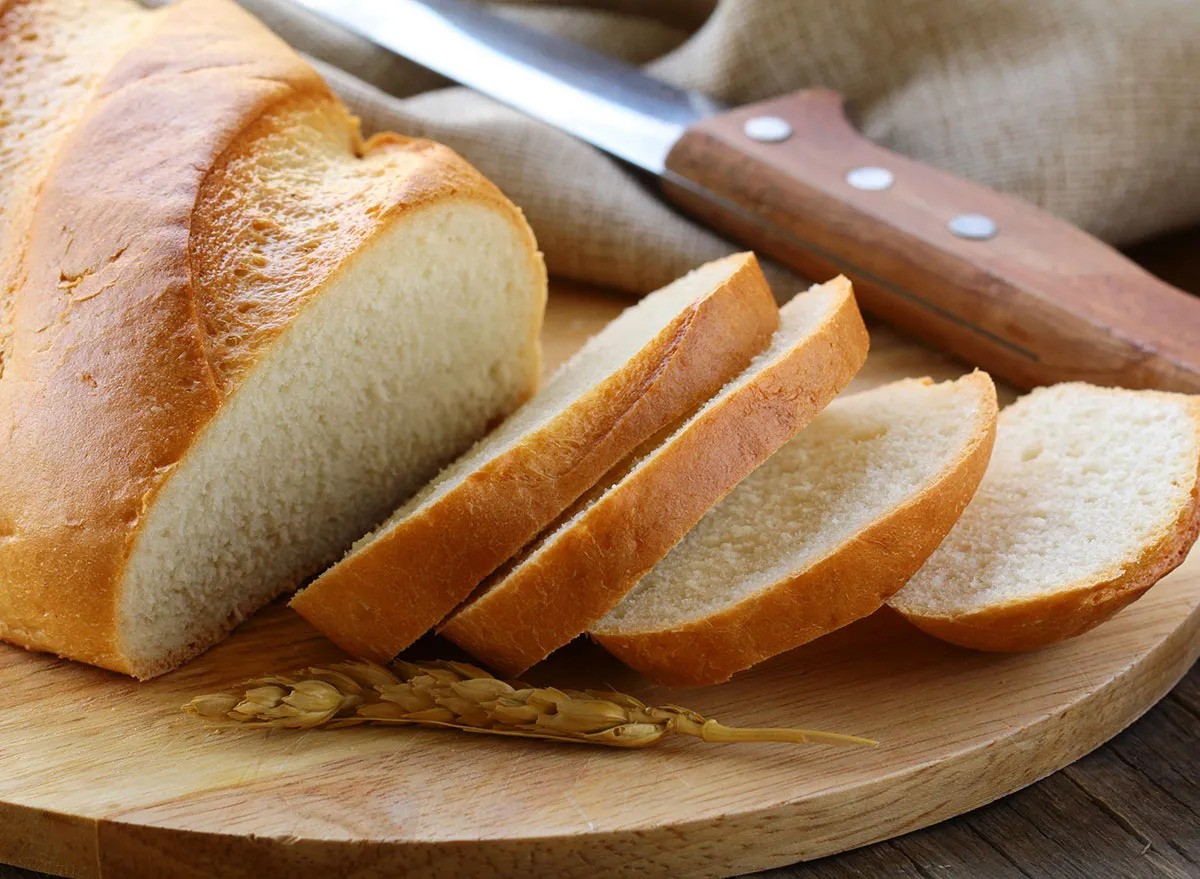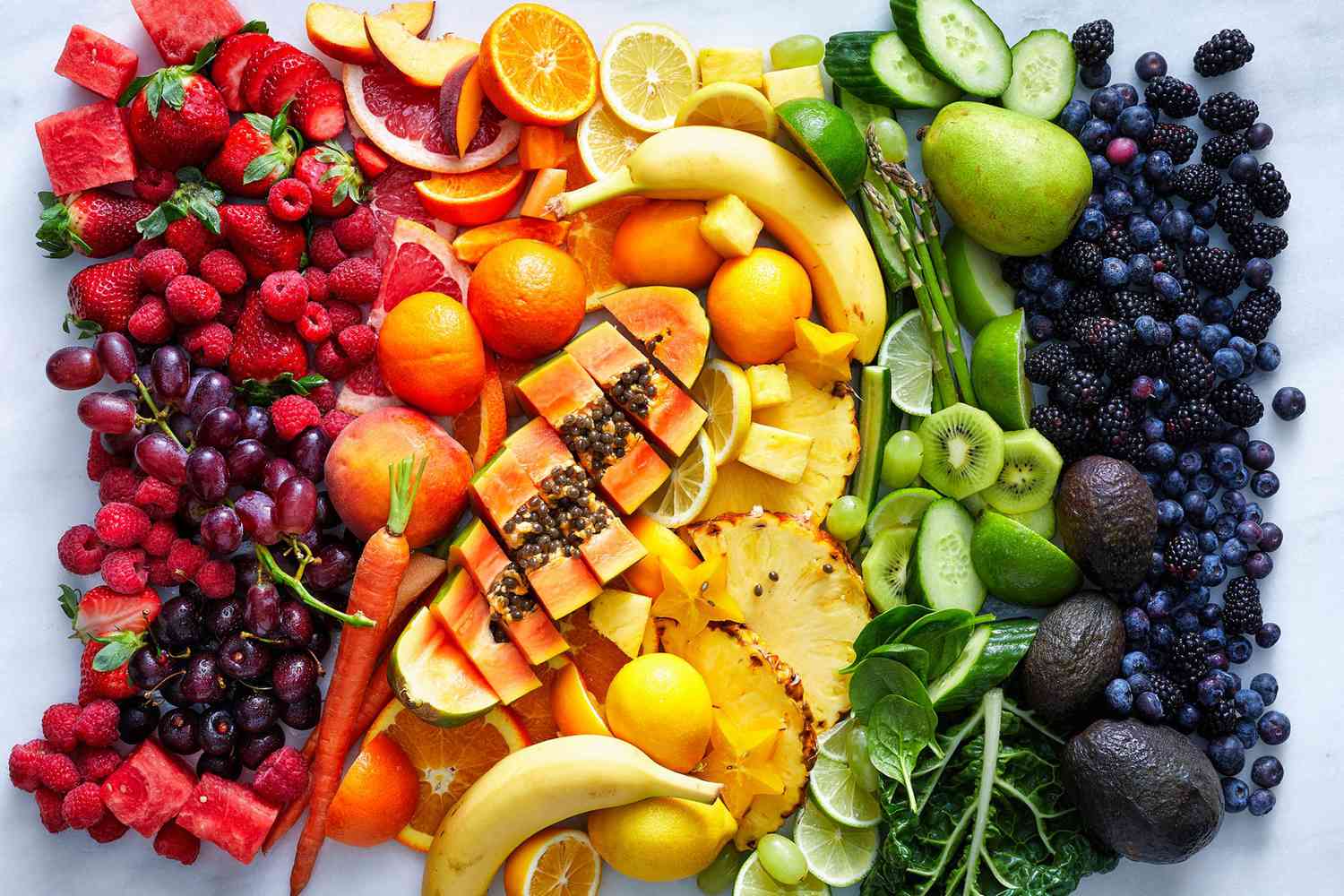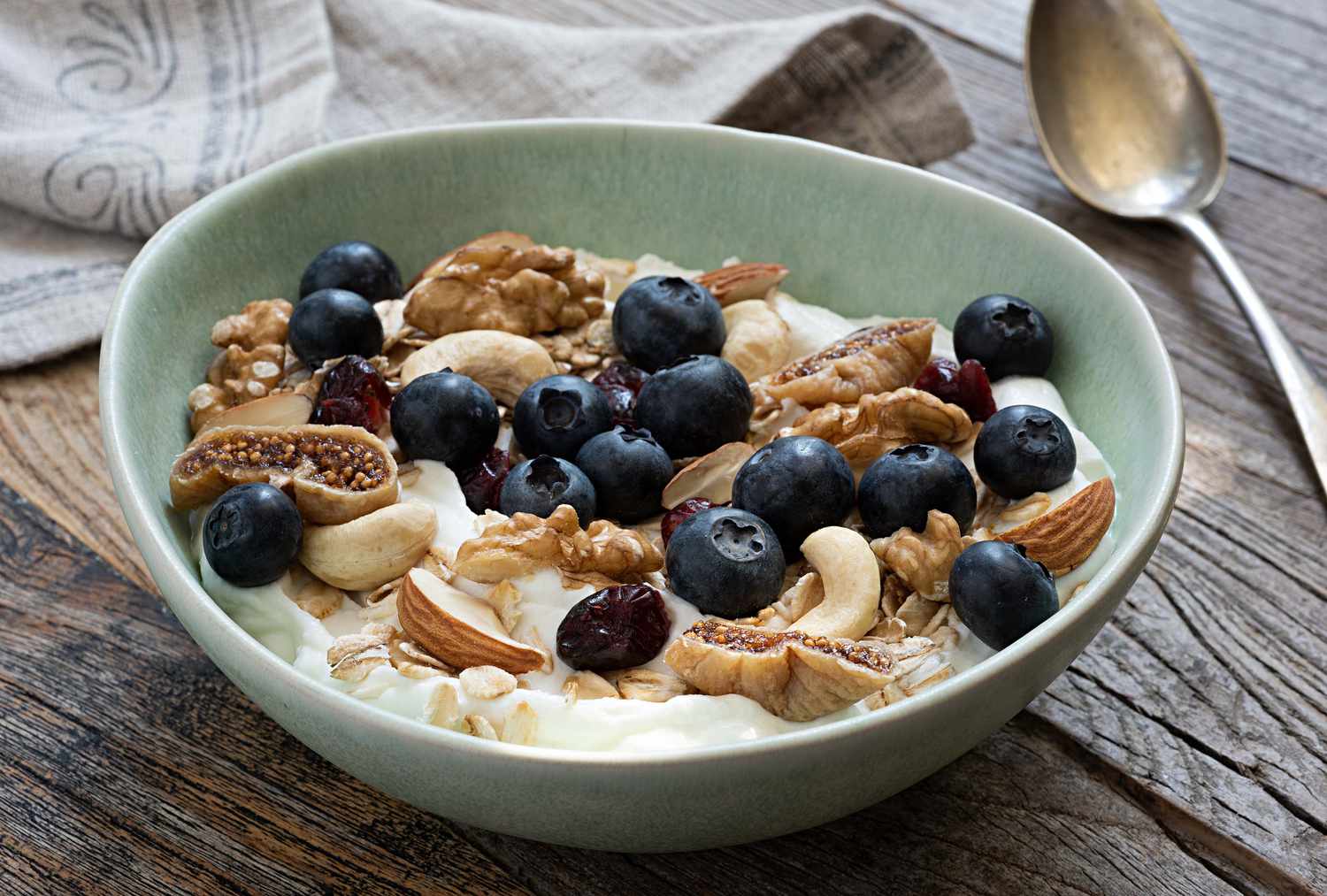How Your Diet Can Help You Avoid Diabetes
Diabetes is a serious health condition that affects millions of people worldwide. The good news is that making smart food choices can significantly reduce your risk of developing diabetes. By following a balanced and nutritious diet, you can take proactive steps to safeguard your health and well-being. Here are some essential tips on how to eat to avoid diabetes:
Load Up on Fiber-Rich Foods
Fiber is a crucial component of a diabetes-preventive diet. It helps regulate blood sugar levels and improves insulin sensitivity. Incorporate plenty of fruits, vegetables, whole grains, and legumes into your meals to increase your fiber intake. These foods not only provide essential nutrients but also contribute to better blood sugar control.
Choose Healthy Fats
Not all fats are created equal. Opt for healthy fats such as those found in avocados, nuts, seeds, and fatty fish. These fats can help lower your risk of diabetes and improve heart health. On the other hand, it’s important to limit your intake of saturated and trans fats, which can contribute to insulin resistance and increase the likelihood of developing diabetes.
Control Your Carbohydrates
Carbohydrates have a direct impact on blood sugar levels, so it’s important to be mindful of the types and amounts of carbs you consume. Focus on complex carbohydrates like whole grains, sweet potatoes, and quinoa that are digested more slowly, leading to gradual increases in blood sugar. Limit your intake of refined carbohydrates such as white bread, sugary snacks, and sugary drinks, as these can cause rapid spikes in blood sugar levels.
Embrace Lean Proteins
Protein is an essential part of a diabetes-preventive diet. Choose lean sources of protein such as chicken, turkey, fish, tofu, and legumes. These foods can help regulate blood sugar levels and promote satiety, reducing the likelihood of overeating and weight gain, which are risk factors for diabetes.
Watch Your Portions
Controlling portion sizes is key to maintaining a healthy weight and preventing diabetes. Be mindful of your serving sizes, and aim to fill half of your plate with non-starchy vegetables, a quarter with lean protein, and a quarter with whole grains or starchy vegetables. This balanced approach can help you manage your calorie intake and keep your blood sugar levels in check.
Stay Hydrated
Water is essential for overall health, including diabetes prevention. Opt for water as your primary beverage and limit your consumption of sugary drinks and fruit juices, which can contribute to weight gain and insulin resistance. Staying well-hydrated can also help control hunger and prevent overeating.
Be Mindful of Sugary Treats
While it’s okay to enjoy the occasional sweet treat, it’s important to be mindful of your consumption of sugary foods and beverages. These items can lead to rapid spikes in blood sugar levels and contribute to insulin resistance over time. If you have a sweet tooth, opt for natural sweeteners like stevia or monk fruit in moderation.
Conclusion
By making informed food choices and prioritizing a balanced and nutritious diet, you can significantly reduce your risk of developing diabetes. Remember to focus on fiber-rich foods, healthy fats, controlled carbohydrates, lean proteins, portion control, hydration, and mindful indulgence to support your overall health and well-being. Taking proactive steps to eat for diabetes prevention can have a lasting impact on your long-term health.











